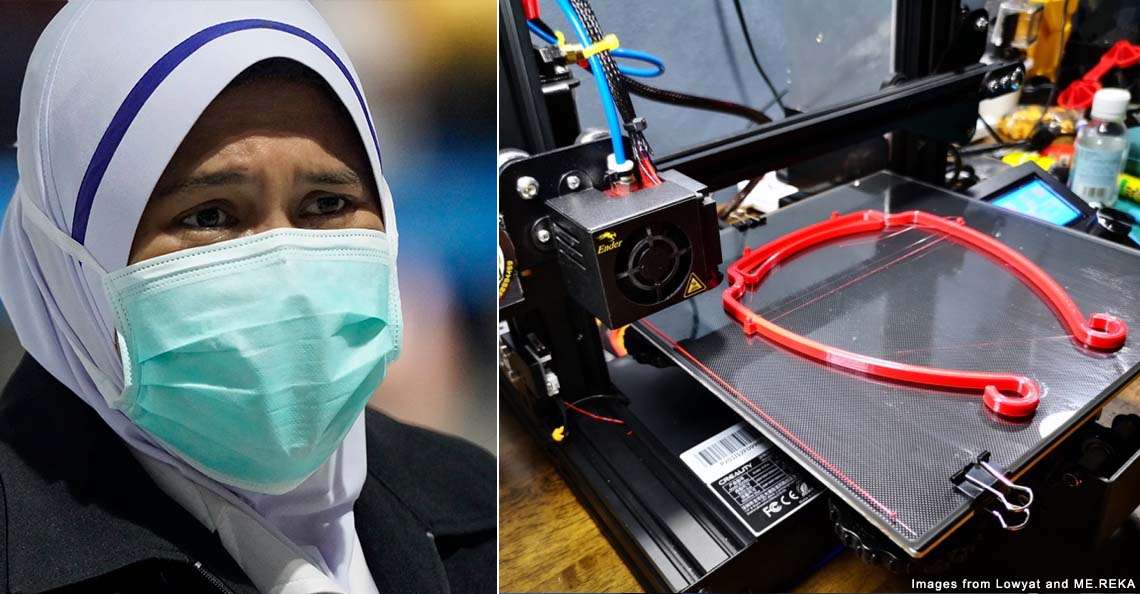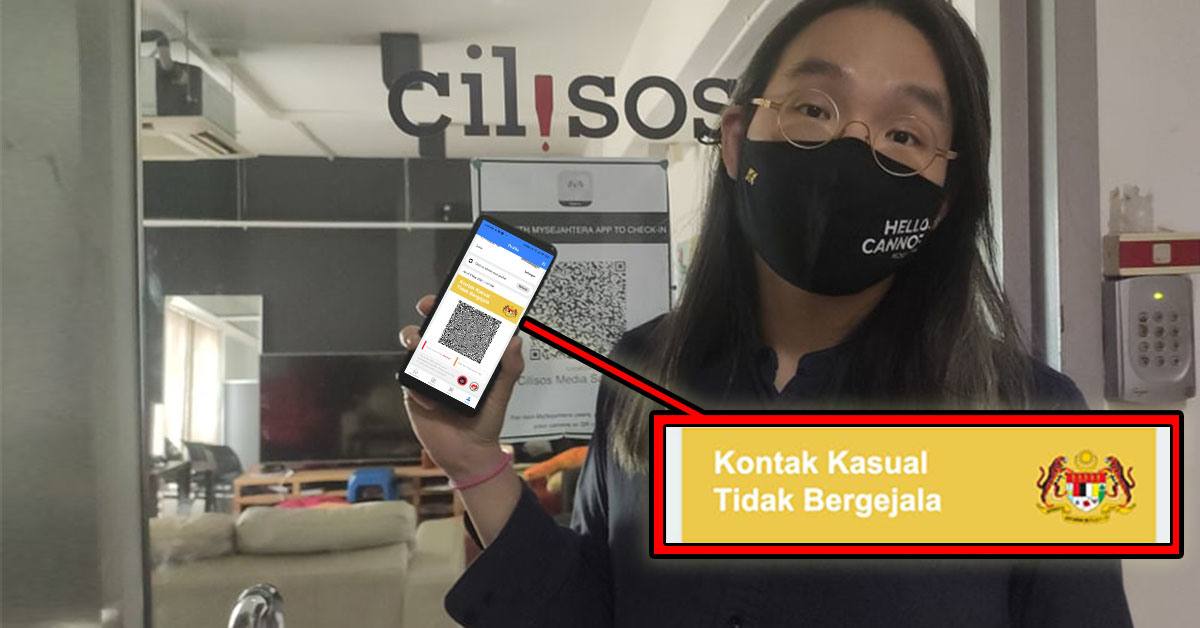Out of face masks and sanitizer? Here are some alternatives for Malaysians to consider.

- 356Shares
- Facebook329
- Twitter6
- LinkedIn6
- Email6
- WhatsApp9
By now, you’ve probably read tons of literature about the coronavirus, and we’re sure that a common analogy when it comes to the pandemic is something along the lines of ‘fighting a war against an enemy we can’t see‘.
If we’re going with the war analogy, then face masks and hand sanitizers can be said to be our shields and spears against the coronavirus. Unfortunately, though, it seems like we don’t have enough of these to arm everyone.
While we don’t have the exact stats, the lack in supply can be seen by the need for price controls on these items, and doctors needing to tell people not to steal these items from hospitals. Worse, even if you do find an online shop selling these items, there’s a chance it could turn out to be a scam. You may end up with something totally different than expected…
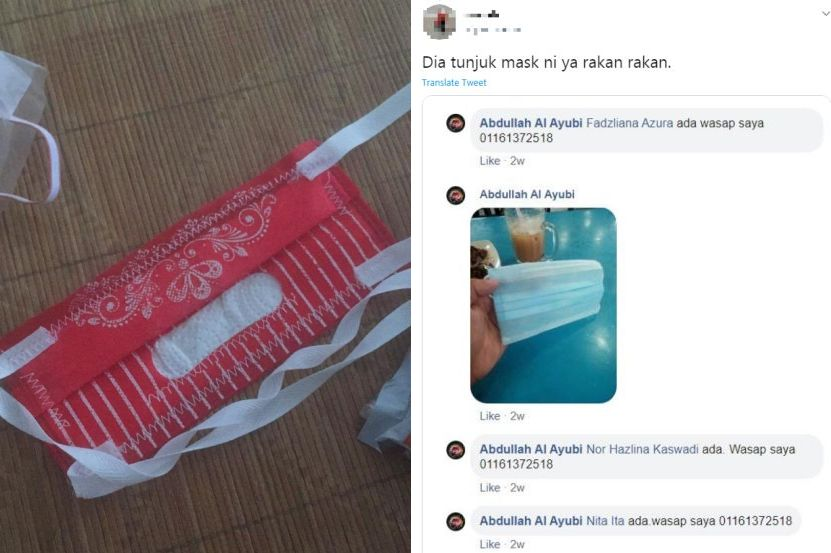
…or not get anything at all. So how can Malaysians win this war without proper weapons? Well, to quote Sun Tzu,
“If you know the enemy and know yourself, you need not fear the result of a hundred battles.” – Sun Tzu, the Art of War.
As it turns out, not everyone will need to have fancy disposable face masks, hand sanitizer or even rubber gloves to stand up against the SARS-COV-2 pandemic. So today’s article will hopefully help you decide on whether you need to carry a jade sword or just your (clean) fists into battle, starting with…
1. Face masks

How they fight the spread: It is widely believed that SARS-COV-2 is spread through water droplets expelled from an infected person’s mouth and nose when they cough or sneeze. These water droplets contain the virus, and if they reach a healthy person’s nose, mouth or eyes, the healthy person could become infected. A face mask acts as a barrier that prevents these virus-y water droplets from escaping an infected person’s nose or mouth into the environment, and vice versa.
How they won’t help: A droplet barrier makes sense, but if the barrier itself is contaminated, it’s useless. The mask therefore shouldn’t be touched with unsanitized hands when you put it on or take it off, as well as during use (not even to adjust). It should also be replaced once it gets damp. Since the mask seals off the nose and mouth from the environment, there should also be no gap between the edges of the mask and the face.
How necessary are they: Face masks are necessary to prevent (possibly) infected people from infecting others. For healthy people, masks are only necessary for those who come into close contact with (possibly) infected people, like people in red zones or frontliners. Masks are also necessary in situations where social distancing is not possible, like markets or mosh pits. Otherwise, not so much.
What to do if you can’t buy them: If disposable masks are sold out or burning a hole in your pockets, you can consider making your own reusable mask from fabric. For those masks to work, they have to fit these criteria:
- have more than one layer of fabric to trap water droplets
- fabric should be tightly woven (like cotton sheets), or incorporate a tightly woven layer
- can fit snugly over the face, without interfering with breathing
- if reusable, can be washed without losing shape or being damaged
For example, the US’s Center for Disease Control and Prevention (CDC) has a tutorial on how to properly sew a mask. If you don’t feel like sewing, they also have guides on how to cut up a T-shirt to make one…

…or make one from a bandanna, a coffee filter and some rubber bands.

You can probably find more tutorials online, but just make sure that the masks fit the criteria above. After they get damp, they can be reused by washing with detergent and drying them in a safe place.
2. Alcohol-based hand sanitizers
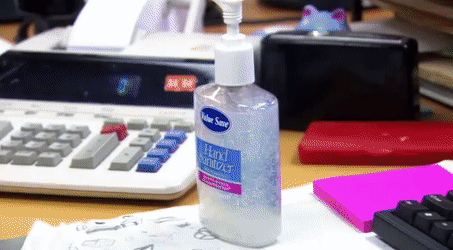
How they fight the spread: The water droplets from a non-mask-wearing infected person will eventually settle down on surfaces. Depending on what kind of surface they fall on and the ambient temperature, the coronavirus in these droplets may survive from several hours to days.
While it is unknown how infectious these are, touching these surfaces may transfer the virus on to your hands, and later to the nose, mouth or eyes. Hand sanitizers are supposed to kill the virus hanging out on your hands, reducing the risk of infection.
How they won’t help: Alcohol-based sanitizers can only disinfect so much, so they’re less effective if your hands are visibly dirty or have been stained by other chemicals. Using less than the recommended amount (varies according to manufacturer) also make them less effective, as well as not rubbing your hands with them for long enough (until the alcohol dries). Using hand sanitizers with less than 60% alcohol also won’t help.
How necessary are they: The CDC actually recommends them as an added protection rather than the alternative to washing your hands with soap and water. They’re only necessary when you either can’t use or don’t have soap and water. When soap is available, alcohol-based sanitizers are like the telur mata on your nasi goreng: nice to have, but not necessary. Perhaps the only place where they’re necessary are where quick disinfections are needed, like hospitals.
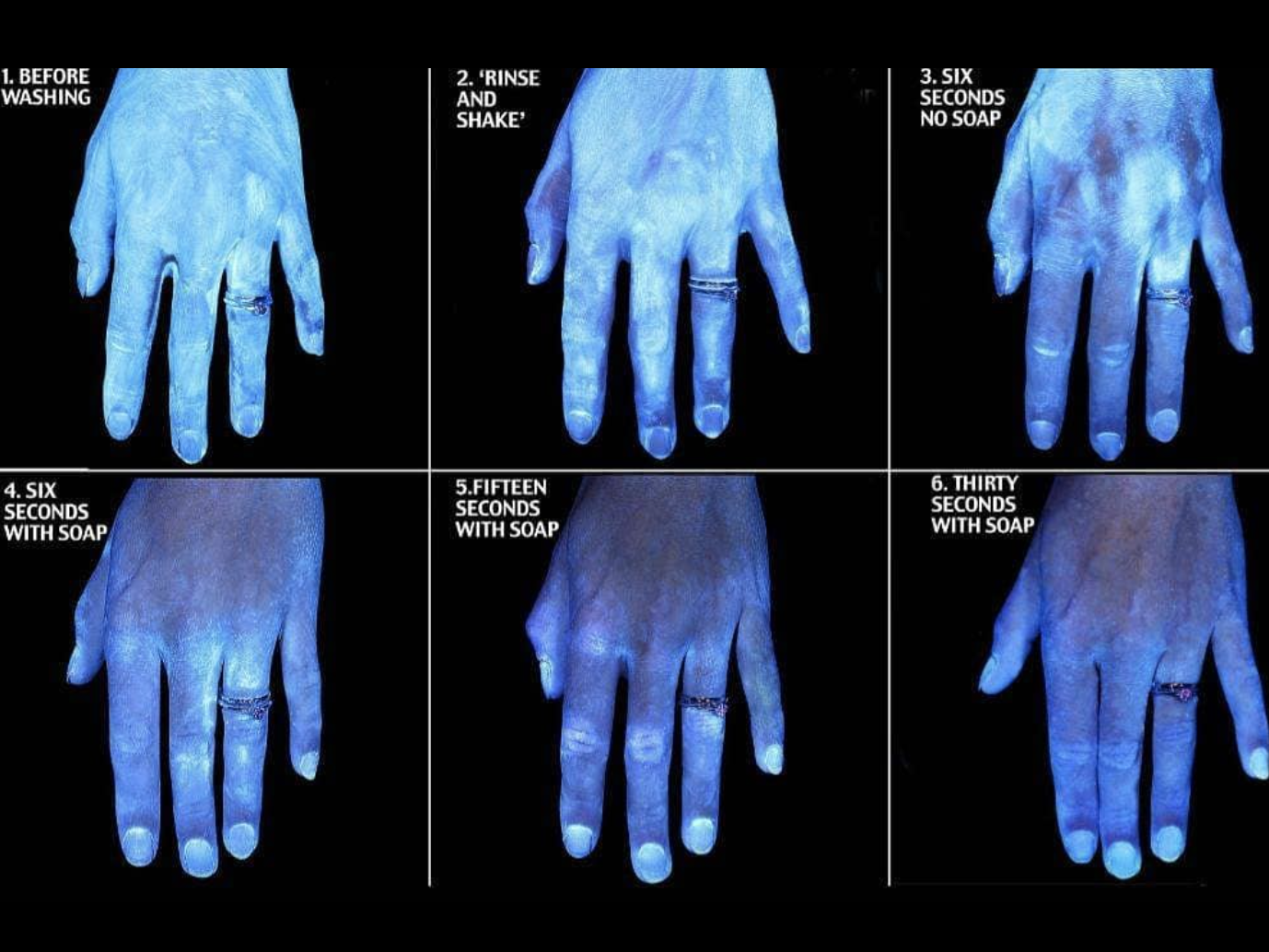
What to do if you can’t buy them: As we’ve hinted already, use soap and water. Soap may sound less potent that alcohol-based sanitizers, but they’re surprisingly effective against the coronavirus. Coronaviruses have a sort of skin made of a fatty substance enveloping them, and using soap strips this layer off, killing them.
Because of that, you can use any sort of soap as long as they can clean oils and grease: body soap, dishwashing liquid, or laundry detergent, to name a few.
3. Rubber gloves

How they fight the spread: We’ve already mentioned how the coronavirus can be transferred from surfaces to your face via the Hand Express. Using gloves gives your hands a second skin that can be discarded once it gets all virus-y.
How they won’t help: Gloves are handy, but some reports suggest that they may do more harm than good to the public, due to the false sense of security it gives. Gloves won’t help if you neglect washing your hands, touch your face while using them, or if you tear them while doing daily activities. There is also a possibility of potentially infected gloves being thrown away improperly, making them a hazard.
How necessary are they: Outside of a clinical setting, not very necessary.
What to do if you can’t buy them: Like alcohol-based sanitizers, gloves aren’t a substitute for washing hands with soap and water, so just… wash your hands. Also, the coronavirus does not penetrate the skin, so it’s okay not to wear gloves. If you’re iffy, you can use plastics or tissue paper to touch things like doorknobs and petrol pumps, but you’d still have to wash your hands and dispose of the items properly.
By now, you’ve probably noticed that most Malaysians can probably keep themselves safe from the coronavirus with little need for disposable face masks, hand sanitizers and rubber gloves, so…
If you don’t need it, you’re better off not buying it
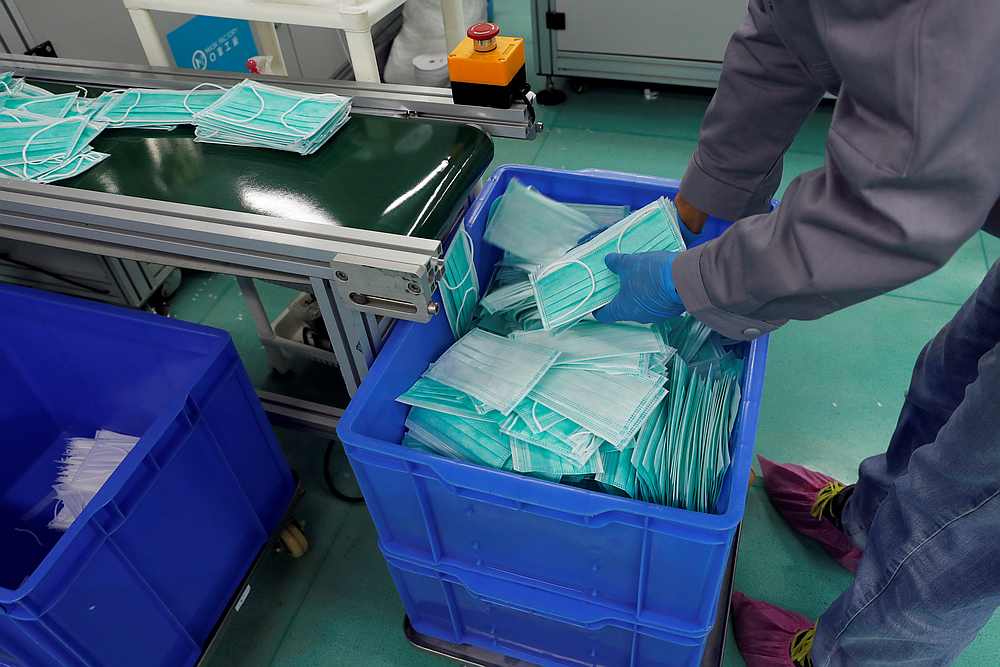
While it may seem nice to be prepared and have a personal stockpile of face masks, sanitizer and rubber gloves, since there’s not enough of them to go around stockpiling may actually be a bad idea. While we can always blame the shortage on exports or supply disruptions, the unnecessary demand on these items may be a huge reason why.
“Investigations by Domestic Trade and Consumer Affairs (KDNHEP) enforcement personnel found that panic buying had caused face masks to run out of stock,” – Datuk Rosol Wahid, Deputy Domestic Trade and Consumer Affairs Minister, as reported by New Straits Times.
This, coupled with some people hoarding these items to sell them back at obscene prices, led to the diversion of what little protective equipment we have away from the people who actually need them: the frontliners, and sick people with symptoms. According to Datuk Dr Zainal Ariffin Omar, president of the Malaysian Public Health Medicine Specialist Association,
“The supply of face masks is now limited so frontliners should be given priority. People with symptoms should also wear a mask to prevent infection. At this moment, do not waste our resources,” – Dr Zainal Ariffin Omar, as reported by Malay Mail.
So if you have soap and don’t need to go to high risk areas, it’s probably best not to go crazy and fuel the demand for face masks, sanitizer and rubber gloves. After all, in a war situation with limited resources, it’s probably smarter to arm soldiers in the field rather than those staying at home.
- 356Shares
- Facebook329
- Twitter6
- LinkedIn6
- Email6
- WhatsApp9


